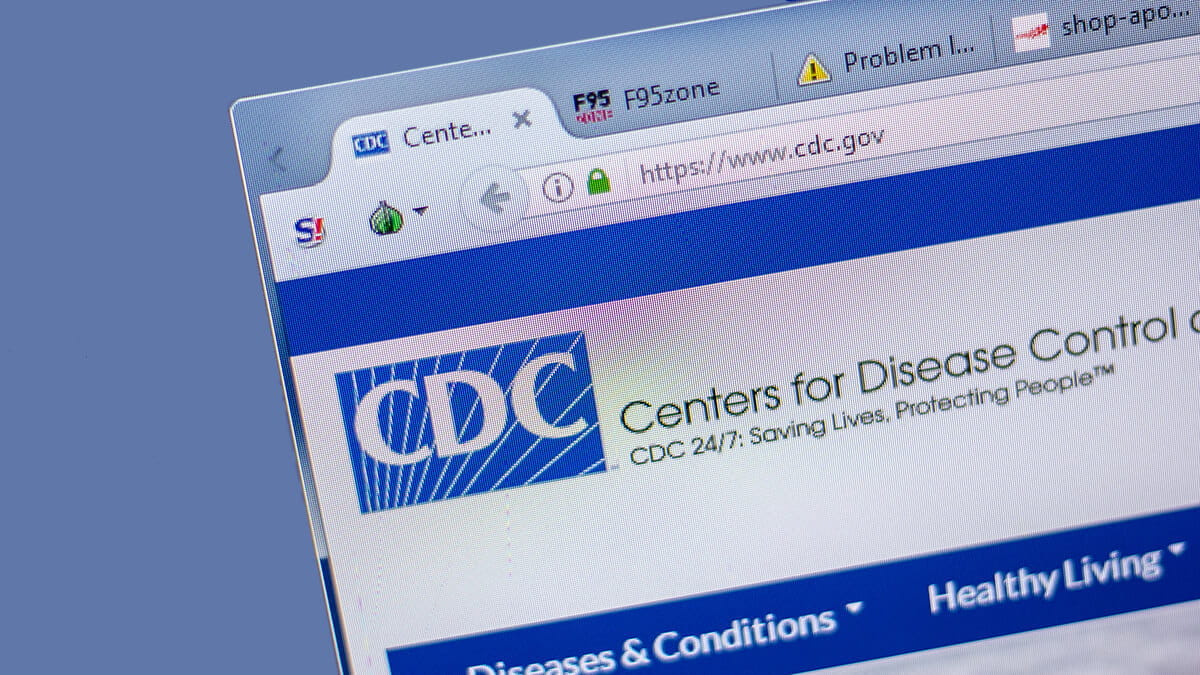We’ve all seen one of those movies where a virulent new disease is on the loose in America, threatening to kill millions. At some point, a character from the CDC appears to save the day—or at least try to. But is that an accurate picture of what the CDC does?
The Centers for Disease Control and Prevention, or CDC, is part of the U.S. Department of Health and Human Services. In your career in nursing, you’ve likely seen CDC reports or educational materials. And you probably know that the cinematic depiction of the CDC is, at best, incomplete.
So, what’s the full picture? If you want to go into public health nursing, you’ll need to know. After all, the CDC plays an important role in public health—so important that it’s studied as part of Walden University’s Master of Science in Nursing (MSN) program. Specifically, students taking the course Role of the Nurse—Public and Global Health learn about the CDC as it’s described in Marcia Stanhope’s Public Health Nursing: Population-Centered Health Care in the Community.
As part of a chapter on U.S. policy as it pertains to public health nurses and other public health professionals, Stanhope lays out the mission of the CDC. That mission is:
- To provide health security.
- To detect and investigate health threats.
- To tackle the biggest health problems causing death and disability.
- To conduct research that will enhance prevention.
- To develop leaders and train the public health workforce, including disease detectives.
- To promote healthy and safe behaviors, communities, and environments.
- To develop and advocate sound public health policies.
- To implement prevention strategies.
- To promote healthy behaviors.
- To foster safe and healthful environments.
- To provide leadership and training.
In other words, the CDC plays an important role in any serious disease outbreak, but it does a whole lot more as well. And if you steer your nursing career toward public health, you can do a whole lot more, too. One of the best ways to advance your career in public health nursing is by earning an MSN degree with a public health nursing specialization.
When you earn a master’s degree in nursing with a public health nursing specialization, you’ll gain the knowledge, skills, and qualifications you’ll need to make a real difference in public health, whether you want to be an advanced nurse in the field, a nurse educator for an organization like the CDC, a nurse informaticist working on the analysis and application of public health data, or any other kind of public health nurse leader.
You may be wondering if it’s possible to complete an MSN program while still being a full-time nurse. Thanks to online learning, the answer is yes. When you enroll in an online MSN program, you can complete your coursework from home or from anywhere else you have internet access. You can also take your master’s in nursing online classes at whatever time of day works best for you, making it possible to attend nursing school while working full time.
With commitment, passion, and a reliable internet connection, you can take full advantage of online education, developing new skills and making a real difference in public health.
Walden University is an accredited institution offering a Master of Science in Nursing (MSN) degree program with a Public Health Nursing specialization online. Expand your career options and earn your degree using a convenient, flexible learning platform that fits your busy life.
Walden University is accredited by The Higher Learning Commission, www.hlcommission.org




